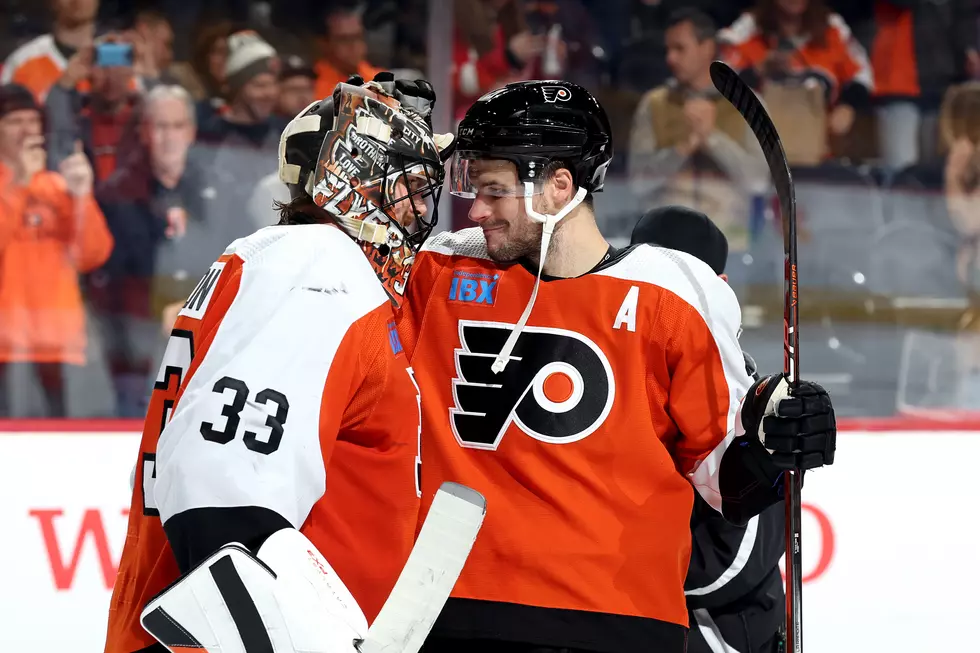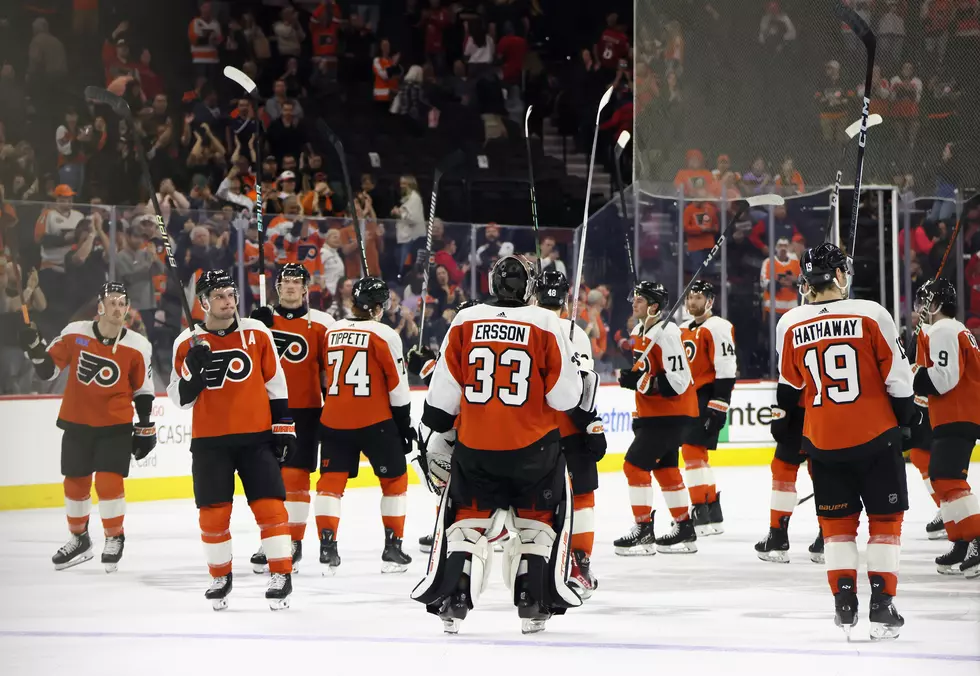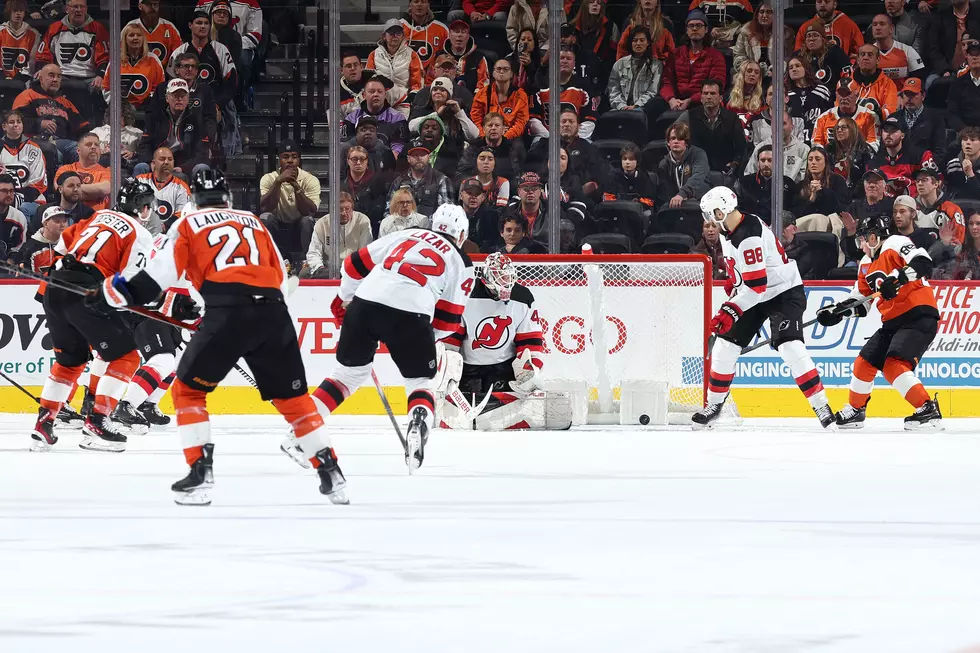
Flyers-Senators: Postgame Review
A frustrating start, with poor play, turnovers and bad puck management, turned into frustration of a whole different kind by the end of the night.
The Flyers managed to nearly erase a 5-2 deficit in the final minutes of the third period, only to fall just short at the hands of two calls that turned the momentum and tide of the game in their 5-4 loss to the Ottawa Senators.
Here is the Postgame Review.
Postgame Points
Forget the rest of the game. It's difficult to climb out of a 3-0 deficit in any situation.
If Sean Couturier could elevate the puck on his point-blank scoring chance in the first period. And the obvious what-if calls we're going to get to ahead.
So by rule, even though Craig Anderson initiates the contact with Jordan Weal, it is no goal. That said, it's pretty bad that a goalie can be the one to initiate the contact and so long as it is seen by officials, it's fair game to take a perfectly good goal off the board. There's a lot of gray area in the goalie interference rules. It needs to be cleaned up and better explained, because not even Weal was aware that he could be pushed by Anderson and still have goalie interference ruled on the play.
To make matters worse, after a 4-3 game was restored to a 4-2 game, the Senators scored on a two-on-one just moments later to make it a 5-2 game with just under 10 minutes to go.
Now to the one that he probably didn't stop.
Couturier tried to tuck the puck in from the side of the net. It went into Anderson's glove and play was blown dead at that point without much argument from either side. But replay showed differently. Anderson's glove was in the net. The puck crossed the goal line in the process of falling into his glove. By all logic, this was a good goal and the Flyers had tied the game.
The officials gathered, looked at the play and ruled no goal. The explanation on the ice was that the play was "complete." To call the play complete makes no sense.
If that wasn't confusing enough, here's the NHL's official ruling: "At 19:04 of the third period in the Flyers/Senators game, the Situation Room initiated a video review to see if the puck crossed the Ottawa goal line. The referee informed the Situation Room that he was in the process of blowing his whistle to stop play when he lost sight of the puck under Craig Anderson's skate. According to Rule 78.5, apparent goals shall be disallowed "when the Referee deems the play has been stopped, even if he had not physically had the opportunity to stop play by blowing his whistle." This is a not a reviewable play therefore the referee's call on the ice stands - no goal Philadelphia.
So then why even have a review if it's not a reviewable play?
Andrew MacDonald's absence may not be detrimental in terms of talent, though that hasn't been the case in the first two games without him. But the real place where MacDonald is missed is in structure.
Think about it. With MacDonald, Ivan Provorov has a consistent playing partner. The Shayne Gostisbehere-Robert Hagg pairing was performing well. Playing Travis Sanheim on the third pairing with Radko Gudas also put him in a safe place.
Without MacDonald, we've seen pairing get shuffled around multiple times during games. It can lead to mistakes and growing pains. In the last two games, the Flyers have allowed 11 goals after giving up a total of five goals in the first four games of the homestand since the 6-5 Nashville game. Team defense needs to tighten up, or the Flyers are in for a long stretch of games without MacDonald.
Kevin Durso is Flyers editor for SportsTalkPhilly.com. Follow him on Twitter @Kevin_Durso.
More From 97.3 ESPN









